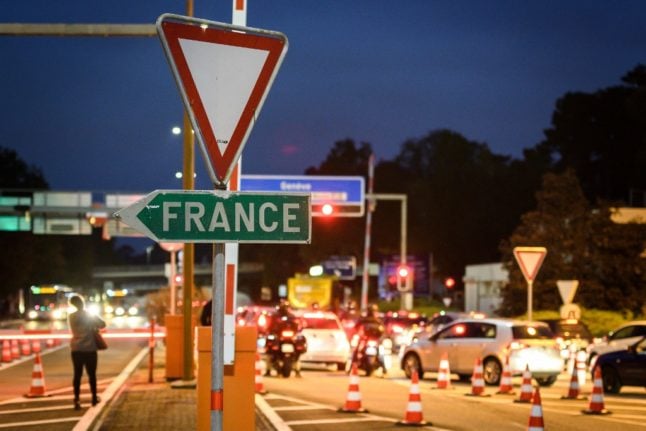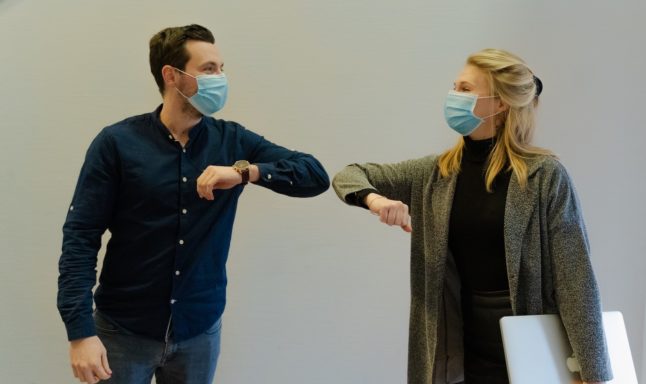From January 27th, France has required a negative PCR Covid test, performed in the previous 72 hours, for visitors arriving by air or boat. Those who entered the country by road or train were exempted from the test obligation.
But French authorities have further tightened entry rules from February 1st , expanding the negative test requirement to those arriving by rail or road from EU and Schengen area countries.
This means that anyone over the age of 11 arriving in France by any means of transport must have a negative PCR test and a signed “declaration of honour” (see below).
However some arrivals from Switzerland are excluded from the new testing requirements, according to France’s Ministry of Foreign Affairs.
They include:
- Cross-border workers returning to France from their jobs in Switzerland.
- Lorry drivers entering France in the course of their activity
- People living close to the border who don't travel more than 30km from their home.
This last condition means that residents of the four border cantons —Geneva, Vaud, Jura, and Basel — can continue to travel to France without a PCR test, as long as they don't travel more than 30 km from their house.
READ MORE: G-permit: How Geneva's cross-border workforce has grown
The Prefecture of Haute-Savoie, which borders Geneva, said in a press release that in order to be exempted from the new requirements, cross-border workers must be able to show a proof of employment in Switzerland.
People from Switzerland, on the other hand, should have an official document showing their Swiss commune of residence (Attestation de domicile/ Wohnungsnachweis), the copy of which can be obtained for a fee from their municipality (administration communale / Gemeinde).
Both should also have their identity cards.
If you don’t fit into any of these categories, you should carry a document that can be downloaded from this site.
#Frontières | Pour tout déplacement européen / international, voici les attestations à remplir ⤵️ https://t.co/Jm0pCIfIaP
— Clement Beaune (@CBeaune) January 31, 2021
'Declaration of honour'
Those who need are not exempt and need a negative test also need to have a “declaration on honour”, which is a somewhat archaic French term for a sworn statement certifying you don't have any symptoms of coronavirus infection, that you are not aware of having been in contact with a confirmed case of Covid-19 in the 14 days preceding the trip, and that you accept that a test can be carried out on your arrival in France.
This declaration has a legal standing and you can be penalised for making false declarations.
The documents needed for this declaration can be downloaded here.
Also, as curfew rules are currently in effect in France, all visitors who cross the border between 6 pm and 6 am must carry this document.
Under curfew rules there are eight reasons why people can be outside their house after 6 pm, including returning from work, arriving by rail or air transport, and walking the dog.
READ MORE: Franco-Swiss cold war breaks out over ski border car park



 Please whitelist us to continue reading.
Please whitelist us to continue reading.
Surely some Valais people can also travel to France. I live a few km from France